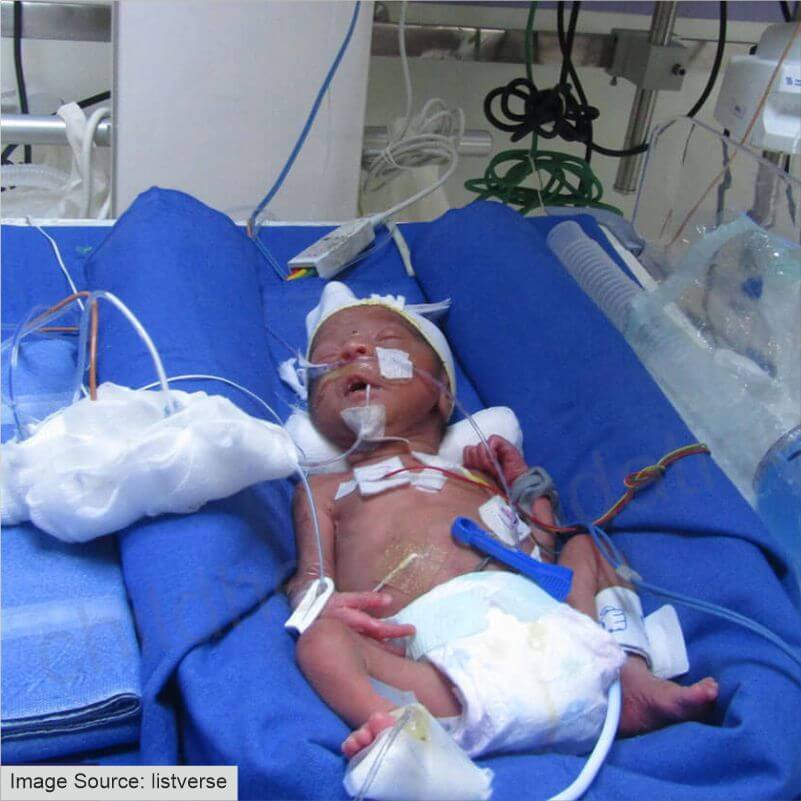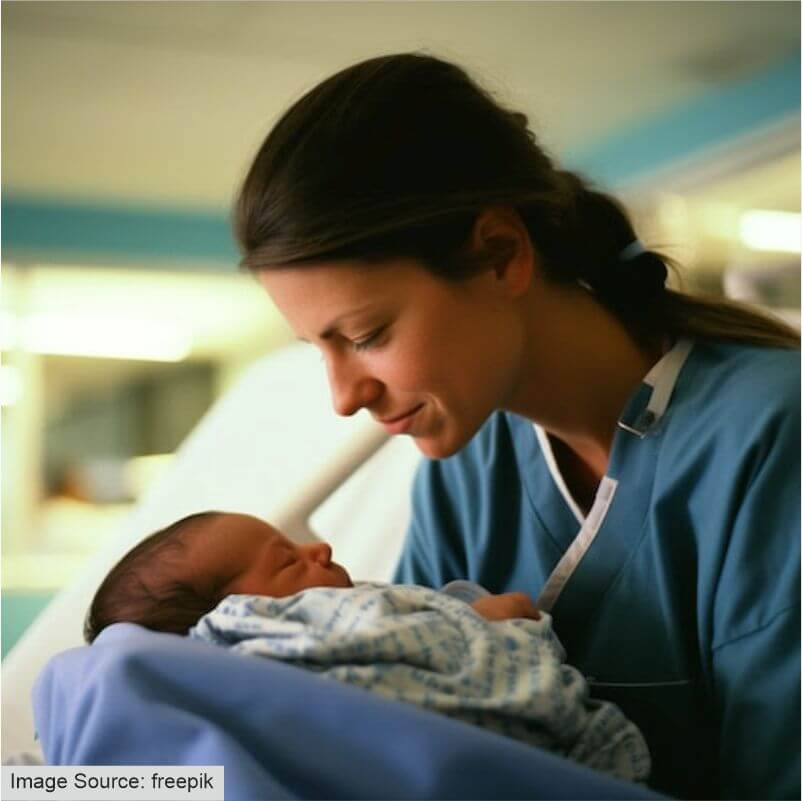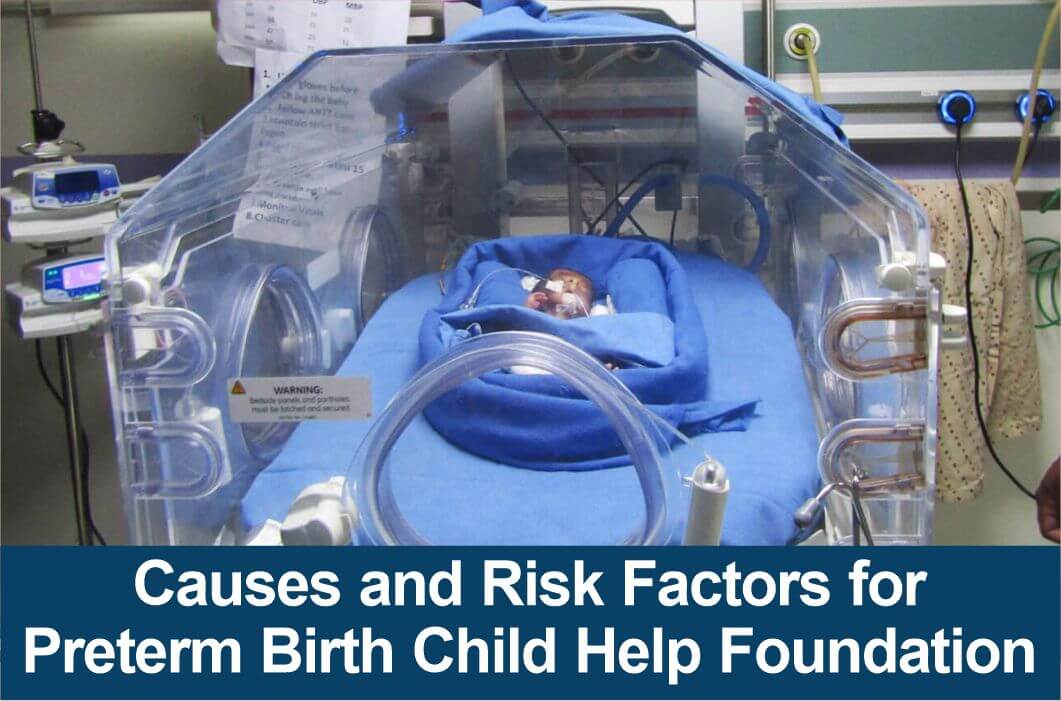Premature birth, also known as preterm birth, is a significant concern in maternal and child health, affecting millions of babies worldwide each year. In this blog post, we delve into the complex factors that contribute to premature birth and explore the key risk factors involved.
What is Premature Birth?
Premature birth refers to the delivery of a baby before 37 weeks of gestation. While full-term pregnancies typically last around 40 weeks, premature birth can occur for various reasons, leading to potential health challenges for the newborn.
A newborn can be:
- Extreme Preterm when born before 28 weeks of pregnancy
- Very Preterm when born between 28 to 32 weeks of pregnancy
- Moderately Preterm if born between 32 to 34 weeks of pregnancy
- Late Preterm if born between 34 and 36 weeks of pregnancy
Generally, the majority of preterm deliveries happen in the late preterm stage.
Causes of Premature Birth

Medical Conditions: Certain maternal health conditions, such as high blood pressure, diabetes, and infections, can increase the risk of premature birth.
Multiple Pregnancies: Women carrying twins, triplets, or more are at higher risk of premature birth due to the increased strain on the uterus.
Lifestyle Factors: Smoking, alcohol consumption, and poor nutrition can contribute to premature birth.
Stress and Mental Health: High levels of stress, anxiety, and depression during pregnancy may also play a role.
Risk Factors for Premature Birth
Age: Teenage mothers and women over 35 are at higher risk of premature birth.
Socioeconomic Factors: Limited access to healthcare, poverty, and lack of education can increase the risk.
Inadequate Prenatal Care: Regular prenatal check-ups are crucial for monitoring the health of both mother and baby.
Cervical Issues: A shortened cervix or cervical insufficiency can lead to premature birth.
Uterine and Placental Problems: Abnormalities in the uterus or placenta can contribute to early labour.
Effects of Premature Birth
Premature babies, especially those born very early, may face various health challenges, including respiratory problems, developmental delays, and long-term disabilities. They may require specialized medical care in neonatal intensive care units (NICUs) to support their growth and development.
Prevention and Care

While not all cases of premature birth can be prevented, some steps expecting mothers can take to reduce the risk:
Healthy Lifestyle: Maintain a balanced diet, exercise regularly (with doctor's approval), and avoid harmful substances.
Prenatal Care: Attend all prenatal appointments and discuss any concerns with your healthcare provider as soon as you get pregnant.
Manage Chronic Conditions: If you have pre-existing medical conditions (like diabetes, depression, or high blood pressure), work closely with your doctor to manage them during pregnancy.
Avoid Stress: Practice relaxation techniques, seek support from loved ones, and prioritize your mental well-being.
Wait For 12 Months Between Pregnancies: If you have a premature baby, it is advisable to increase the time between pregnancies to reduce the risk of preterm birth.
Premature birth is a complex issue influenced by various factors. By understanding the causes, risk factors, and preventive measures, mothers can take proactive steps to promote a healthy pregnancy and reduce the likelihood of preterm delivery.
It is estimated that every year about 15 million infants are born preterm, resulting in severe health complexities. Child Help Foundation has positively impacted numerous infant lives by providing access to Neonatal Intensive Care Units (NICUs) and life-saving surgeries. Committed to the Sustainable Development Goal of Emergency Medical Support, we are proud to announce that 3265 underprivileged children have received critical treatments with the aid of our generous donors.
Whether you're expecting or planning to conceive, don't hesitate to reach out to a medical professional. Regular prenatal check-ups are the key to ensuring a healthier pregnancy and a happy, thriving baby.
